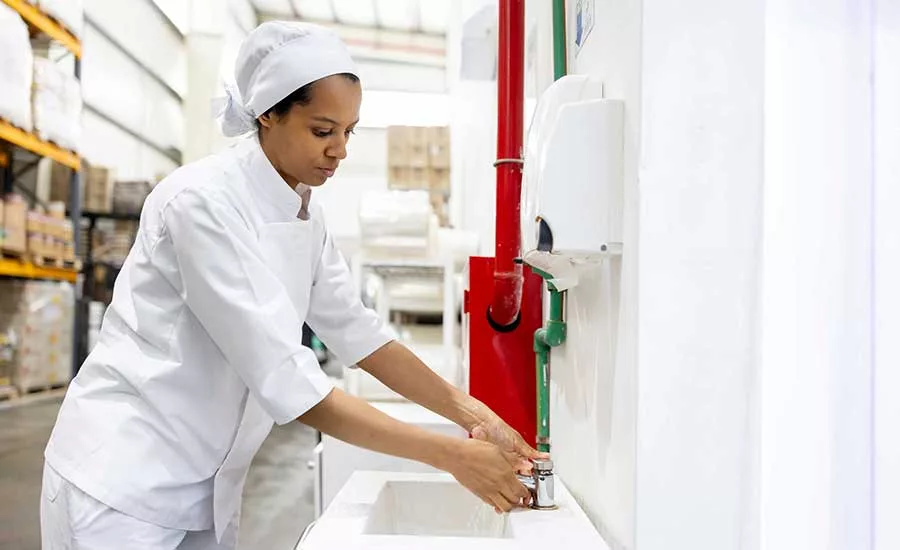Researchers Advocate for EU-Wide Legislation on Precautionary Allergen Labeling, Harmonized Monitoring

Image credit: Freepik
Harmonized food allergen regulation at the EU level is necessary to protect consumers, advocates Nathalie Smits, Ph.D., a food safety researcher at Wageningen University and Research (WUR).
In a position paper published in Food Control, Dr. Smits and ten other scientists argue the need for EU legislation that mandates a centralized approach to precautionary allergen labeling, allergen reference doses, and analytical methods for food product monitoring. At present, only intentionally added allergens are regulated at the EU level, and only to an extent; specifically, there are 14 allergens that must be properly listed when used as an ingredient in a product.
Despite food allergies affecting more than 10 percent of global consumers, EU Member States currently maintain their own, differing rules on the management of unintentional allergens in food products, leading to consumer uncertainty and limited choices for allergic people, and hindering collaboration between laboratories.
For example, the Netherlands recently set a promising precedent by adopting a regulation that limits the use of precautionary allergen labeling to products for which the allergen risk has been assessed, but this type of directive does not apply to the rest of the EU—even though the European Court of Auditors has found that precautionary labels are frequently inaccurate. However, even the Netherland’s promising precautionary allergen labeling regulation, which goes into effect in 2026, does not prescribe maximum limits for the presence of an allergen in a food carrying precautionaty labels.
The position paper also proposes the creation of an EU reference laboratory to facilitate better allergen monitoring and research in Europe. “We advocate for policy, but also for monitoring,” said Dr. Smits.
At present, cooperation between European laboratories is stymied by differences in the reference doses and portion sizes used when monitoring allergens in food. This leads to the development of different allergen tests tailored to individual countries’ standards, preventing laboratories in separate EU countries from building upon each other’s knowledge or integrating data. An EU reference laboratory would enable systematic monitoring and research regarding allergens in food.
Looking for quick answers on food safety topics?
Try Ask FSM, our new smart AI search tool.
Ask FSM →









